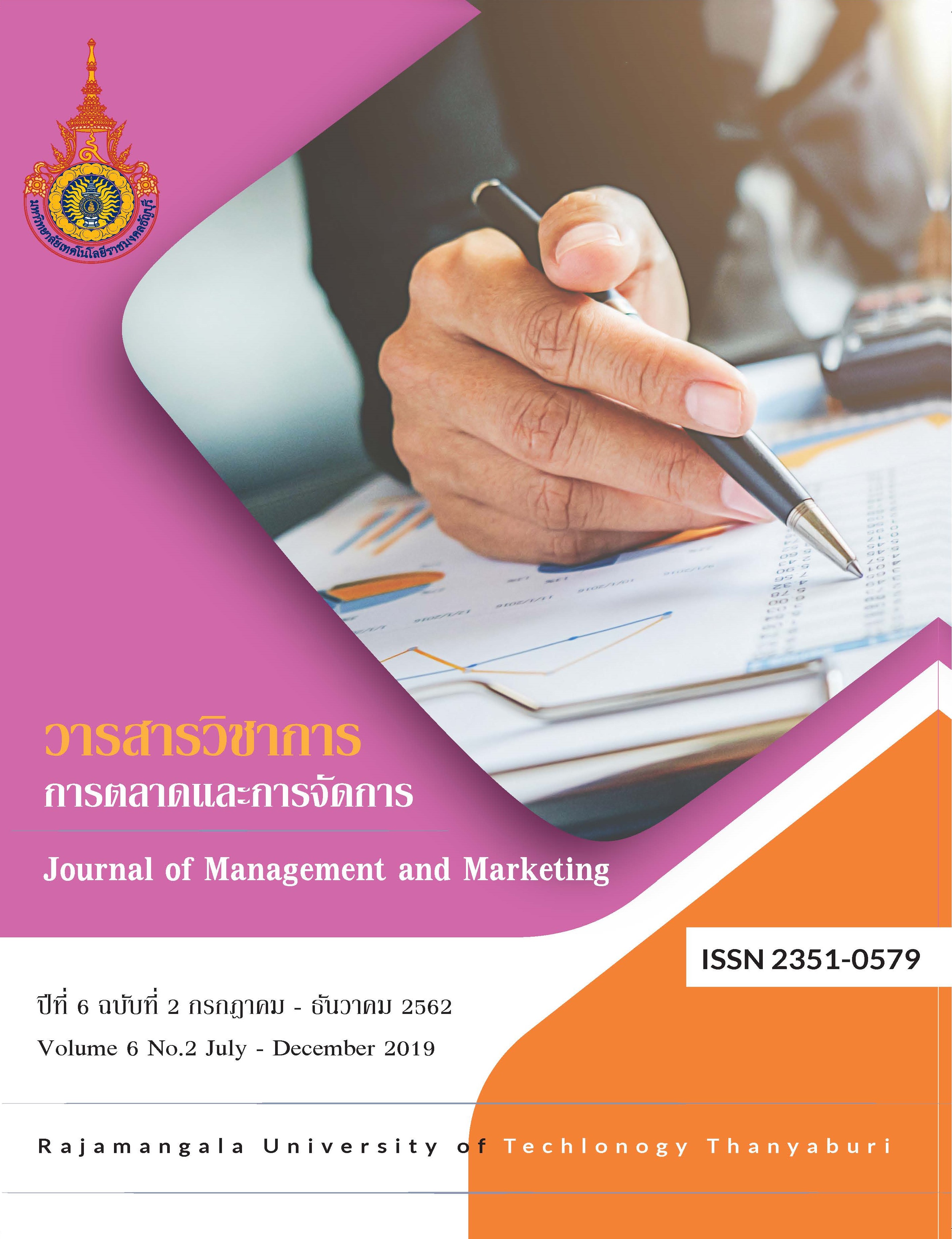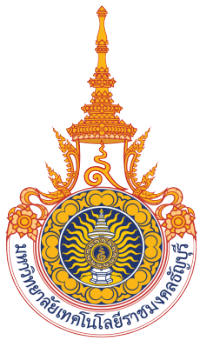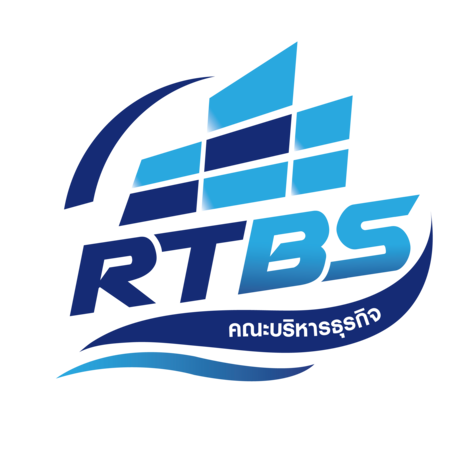ปัจจัยที่ส่งผลต่อความคิดสร้างสรรค์ในการทำงานของบุคลากร กรมการขนส่งทางบกในส่วนกลาง
คำสำคัญ:
ความคิดสร้างสรรค์, สภาพแวดล้อมในการทำงาน, แรงจูงใจใฝ่สัมฤทธิ์บทคัดย่อ
การค้นคว้าอิสระครั้งนี้มีวัตถุประสงค์ เพื่อศึกษามิติของความคิดสร้างสรรค์และปัจจัยที่ส่งผลต่อความคิดสร้างสรรค์ในการทำงานของบุคลากรกรมการขนส่งทางบกในส่วนกลาง โดยใช้แบบสอบถามเป็นเครื่องมือในการวิจัย และใช้กลุ่มตัวอย่างคือ บุคลากรกรมการขนส่งทางบกในส่วนกลางจำนวน 420 คน โดยใช้สถิติเชิงพรรณนา ได้แก่ ค่าร้อยละ ค่าเฉลี่ย ค่าเบี่ยงเบนมาตรฐาน ทำการทดสอบสมมติฐานโดยสถิติ Independent Samples t-test, One-way ANOVA, LSD และค่าสัมประสิทธิ์สหสัมพันธ์อย่างง่ายของเพียร์สัน ผลการศึกษาพบว่าระดับปัจจัยความคิดสร้างสรรค์ คือ ด้านความคิดคล่อง ความคิดยืดหยุ่น ความคิดละเอียดลออ และความคิดริเริ่ม อยู่ในระดับปานกลาง ผลการทดสอบสมมติฐานพบว่า อายุ สถานภาพ วุฒิการศึกษา ตำแหน่งและประสบการณ์ทำงานที่แตกต่างกันนั้นจะส่งผลต่อความคิดสร้างสรรค์แตกต่างกัน อย่างมีนัยสำคัญทางสถิติที่ 0.05 และปัจจัยสภาพแวดล้อมในการทำงานและปัจจัยแรงจูงใจใฝ่สัมฤทธิ์มีความสัมพันธ์ในทิศทางเดียวกันกับความคิดสร้างสรรค์ของบุคลากรอย่างมีนัยสำคัญทางสถิติที่ 0.05 ซึ่งผู้วิจัยจึงขอเสนอแนะที่ได้จากการทำวิจัยครั้งนี้ ที่ควรให้ความสำคัญในการพัฒนาต่อยอดความคิดสร้างสรรค์ให้กับองค์การต่อไป ได้แก่ ปัจจัยด้านประชากรศาสตร์ในด้านของอายุ สถานภาพ และประสบการณ์ทำงาน ปัจจัยสภาพแวดล้อมในการทำงานในด้านความมั่นคงปลอดภัย ด้านโอกาสก้าวหน้าในการทำงาน และด้านสภาพการทำงาน และปัจจัยแรงจูงใจใฝ่สัมฤทธิ์ในด้านความขยันขันแข็ง และด้านความกล้าเสี่ยงพอสมควร เพื่อก่อให้เกิดการพัฒนาทางด้านความคิดสร้างสรรค์ต่อไป
เอกสารอ้างอิง
จุฑามาศ นาคนิยมและชัยชนะ นิ่มนวล. (2554). ความคิดสร้างสรรค์ของนิสิตแพทย์ คณะแพทยศาสตร์ จุฬาลงกรณ์มหาวิทยาลัย, Chulalongkorn Medical Journal, 55(6), 649-663.
ชลกร ตันประภัสร์, ธร สุนทรายุทธและไพรัตน์ วงษ์นาม. (2557). ปัจจัยที่ส่งผลต่อความคิดสร้างสรรค์และนวัตกรรมของโรงเรียนเอกชน ประเภทสามัญศึกษาระดับการศึกษาขั้นพื้นฐาน. วารสารการบริหารการศึกษา มหาวิทยาลัยบูรพา, 7(2), 42-55.
ธัญญามาส โลจนานนท์. (2557). ภาวะผู้นำและแรงจูงใจในการทำงานที่ส่งผลต่อความคิดสร้างสรรค์ของพนักงานกรณีศึกษา บริษัท ซิลลิค ฟาร์ม จำกัด. (วิทยานิพนธ์ปริญญามหาบัณฑิต, มหาวิทยาลัยศิลปากร).
วรันธร ทรงเกรียรติศักดิ์. (2558). ปัจจัยสภาพแวดล้อม ปัจจัยความปลอดภัย และปัจจัยแรงจูงใจในการทำงานที่มีผลต่อคุณภาพชีวิตในการทำงานของพนักงานโรงงานและหน่วยสนับสนุนของ โรงงานน้ำตาล สหเรือง จำกัด จังหวัดมุกดาหาร. (การค้นคว้าอิสระปริญญามหาบัณฑิต, มหาวิทยาลัยกรุงเทพ).
สุรางค์ โค้วตระกูล. (2541). จิตวิทยาการศึกษา (พิมพ์ครั้งที่ 4). กรุงเทพฯ: จุฬาลงกรณ์มหาวิทยาลัย.
Gilmer, V. H. B. (1973). Applied psychology. New York: McGraw-Hill.
Guilford, J. P. (1967). The Nature of Human Intelligence. New York: McGraw-Hill.
McClelland, David C. (1980). The Achievement Society. New York: The Free Pass.
ดาวน์โหลด
เผยแพร่แล้ว
รูปแบบการอ้างอิง
ฉบับ
ประเภทบทความ
สัญญาอนุญาต

อนุญาตภายใต้เงื่อนไข Creative Commons Attribution-NonCommercial-NoDerivatives 4.0 International License.
บทความที่ได้รับการตีพิมพ์เป็นลิขสิทธิ์ของ ผู้นิพนธ์
ข้อความที่ปรากฏในบทความแต่ละเรื่องในวารสารวิชาการเล่มนี้เป็นความคิดเห็นส่วนตัวของผู้เขียนแต่ละท่านไม่เกี่ยวข้องกับมหาวิทยาลัยเทคโนโลยีราชมงคลธัญบุรี และคณาจารย์ท่านอื่น ในมหาวิทยาลัยฯ แต่อย่างใด ความรับผิดชอบองค์ประกอบทั้งหมดของบทความแต่ละเรื่องเป็นของผู้เขียนแต่ละท่าน หากมีความผิดพลาดใดๆ ผู้เขียนแต่ละท่านจะรับผิดชอบบทความของตนเองแต่ผู้เดียว









